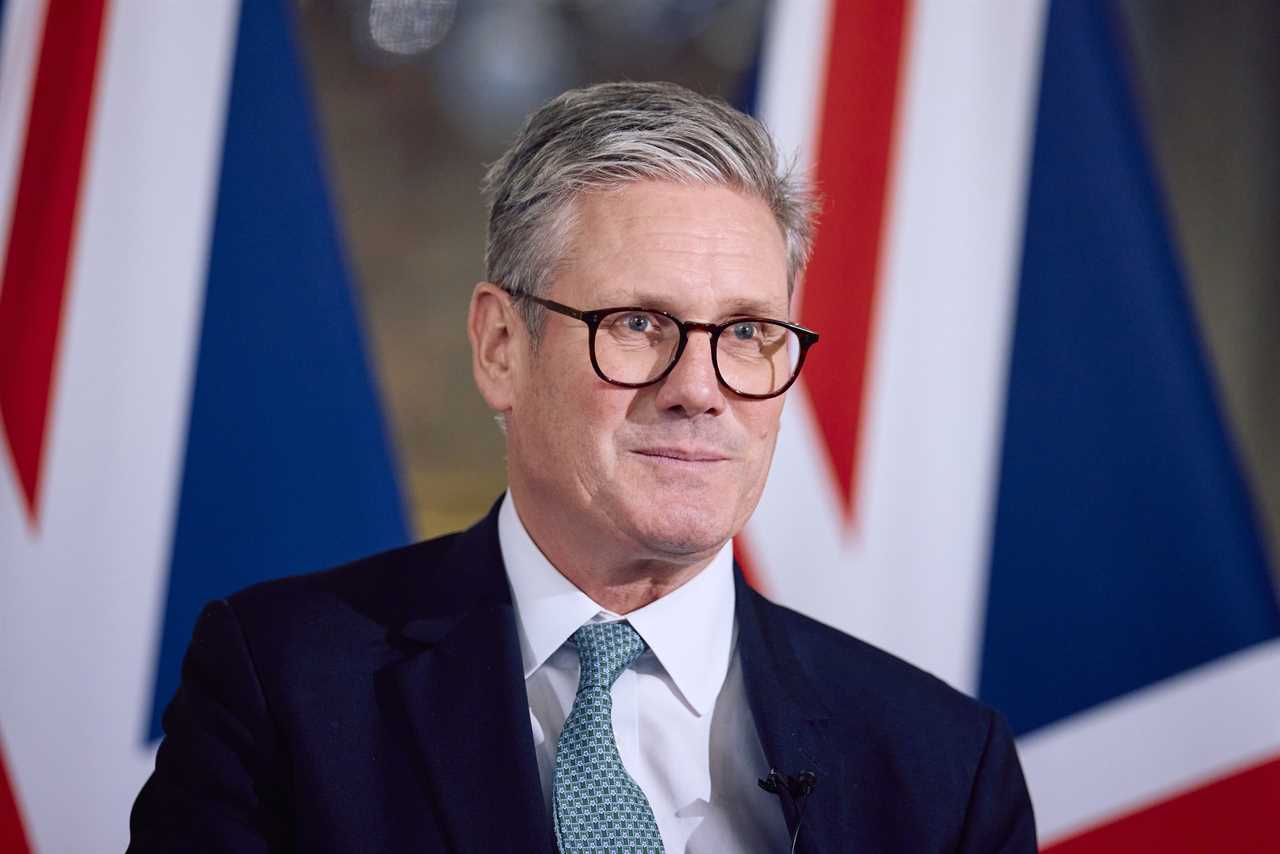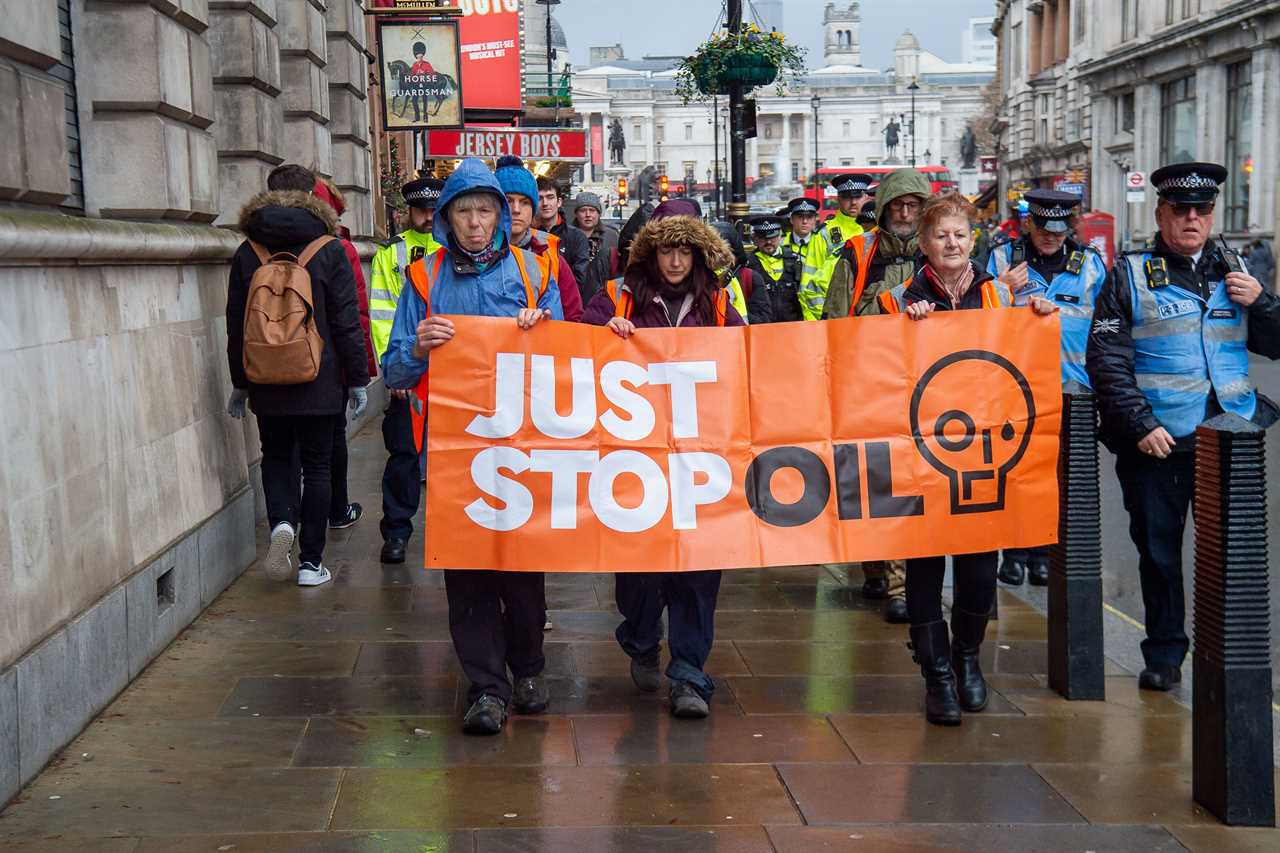
£22 billion investment in carbon capture technology
Sir Keir Starmer has vowed to ignore climate "extremists" and focus on a "third way" that safeguards both the planet and people's livelihoods. The Prime Minister has unveiled a £22 billion investment over 25 years for groundbreaking carbon capture technology in Merseyside and Teesside.
Reviving industrial heartlands and creating jobs
This significant investment is set to reignite the industrial heartlands of the UK, leading to the direct creation of 4,000 jobs. The move aims to put Britain on a pragmatic path towards achieving Net Zero emissions. Carbon capture technology works by extracting emissions from burning fuels and storing them underground permanently.
Support and criticism
While the Climate Change Committee supports this initiative, groups like Extinction Rebellion have criticized it as insufficient. Greenpeace has labeled it a "second-rate solution" that could prolong the use of planet-warming oil and gas production.
Focus on working people and job creation
Sir Keir emphasized the importance of taking action to protect industries that employ workers such as electricians and bricklayers. He stressed that the priority should be on working people and the preservation of their jobs.

Anticipated benefits and future projections
The government expects the plan to attract £8 billion in private investment and indirectly support up to 55,000 jobs. Officials estimate that carbon capture technology could eliminate 8.5 million tonnes of carbon emissions annually, with the first storage of carbon dioxide expected to begin in 2028.
High-profile announcement
Prime Minister, along with Chancellor Rachel Reeves and Energy Secretary Ed Miliband, will visit Liverpool to announce the ambitious plans. The move is part of a broader strategy to tackle climate change while supporting economic growth and job creation in the UK's industrial regions.






